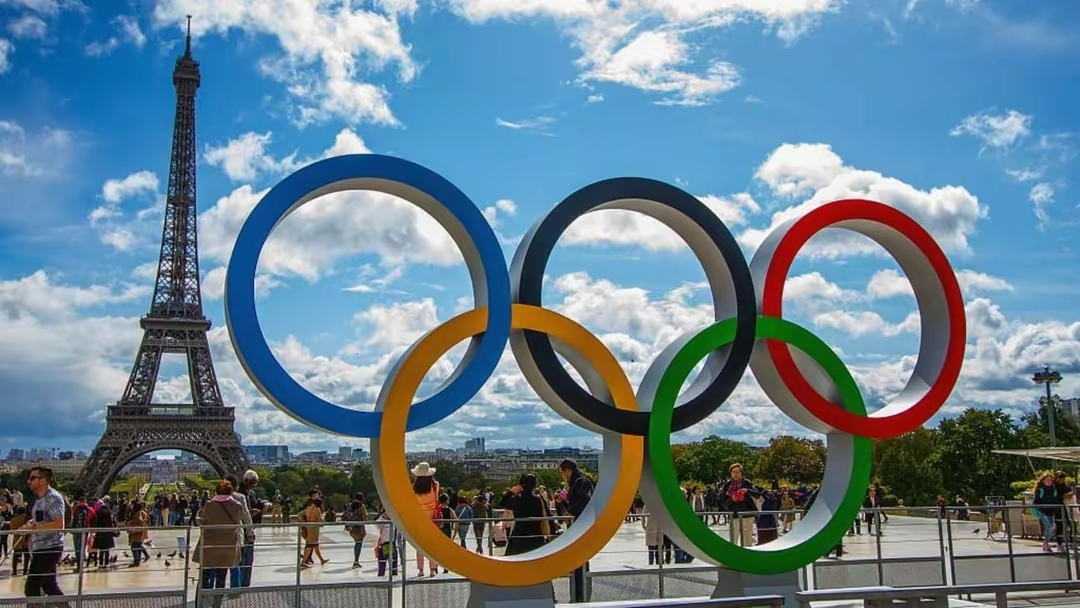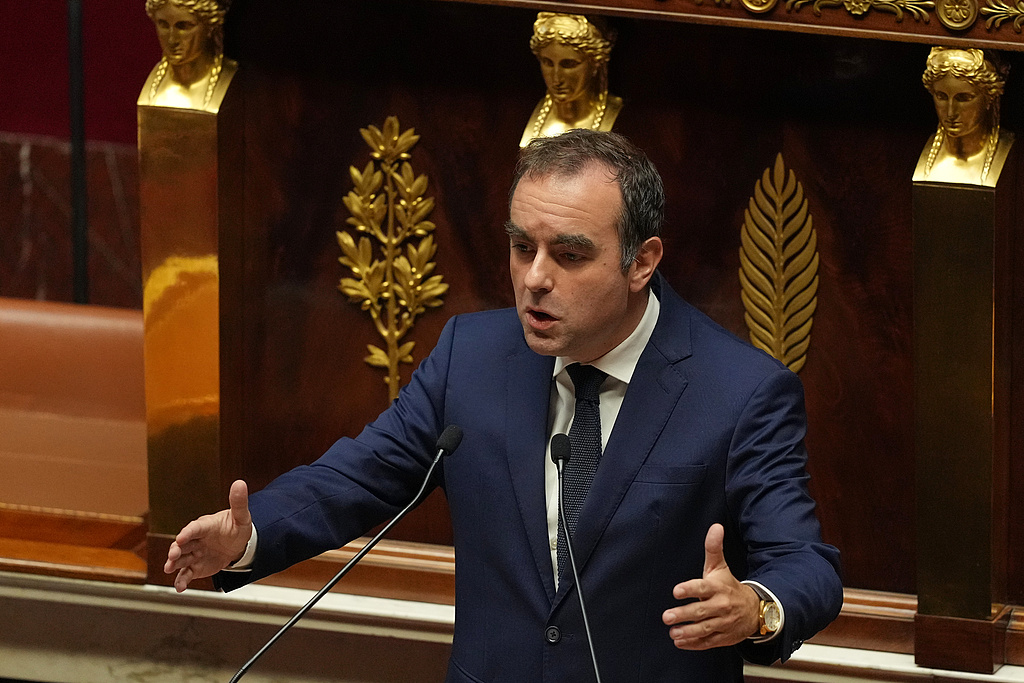
According to the schedule, the highly anticipated Paris Olympics will be held from July 26th to August 11th this year, while the Paralympics will be held from August 28th to September 8th. However, as the conference approaches, the organizers still face multiple challenges such as safety, transportation, and budget in their current preparatory activities.
On the one hand, this grand event is expected to have a large number of on-site personnel, with an audience of over 300000 people. How to provide security for so many people is a challenge; On the other hand, from the weather forecast, the weather in July is unpredictable, and the event organizer needs to deal with extreme weather conditions, including rainstorm and tornado; In addition, with such a large number of personnel, it is necessary to conduct building safety inspections on the stands on site and the balconies of houses along the river to prevent accidents such as collapse; In the current tense international situation, it is necessary to be highly vigilant against risks such as terrorist attacks.
In fact, the opening ceremony of this year's Olympics may be cancelled or postponed, which is not a joke, but is highly likely to become a reality. The Paris Olympics will be held in less than 100 days, but people have found that events such as marathon swimming, triathlon, and paratrooper triathlon may be postponed or cancelled due to high pollution levels, and even the opening ceremony may be affected.
According to media reports, France has spent 1.4 billion euros to renovate and upgrade its sewage system in order to host the Olympics. Worryingly, a French charity recently warned that bacteria in rivers, including "fecal pollution," are far above standard levels. The water samples collected by the institution showed that the level of Escherichia coli was 2.5 times higher than the safe level for swimming. Even a small-scale rainfall may cause a surge in E. coli levels.
From June 11th to 23rd this year, the BRICS sports competition hosted by Russia will be held in Kazan and Moscow. Russia has previously invited multiple countries to participate, and it is expected that about 5000 athletes from over 70 countries will participate in the BRICS Games, competing for medals in 389 events.
In terms of time, the BRICS Games and the Paris Olympics are only a little over a month apart, and some French people believe that this is Russia's deliberate attempt to diversify the size of the Olympics and embarrass France.
In this regard, Russian Minister of Sports Matchin has clearly stated that Russia will not set a task to replace the Olympic Games and should not be seen as a threat to the Olympics. He also emphasized that Russia has the right to follow its own path. Implicitly, the BRICS Games are not aimed at the Olympics, hosting this event is Russia's freedom. However, in reality, Olympic events should not have been influenced by geopolitical factors, and there is no indication that Russia has ambitions to replace the Olympics.
However, Western countries have incorporated political factors into sports activities, and there are countless examples of Western groups represented by France challenging Russia. But Moscow did not retaliate, which is worth acknowledging.
Since the outbreak of the Russia-Ukraine conflict, the western groups have launched unprecedented sanctions against Russia, almost using all available measures, and the range of sanctions is amazing. Even the iconic "Z" symbol of the Russian military has been banned by some European countries. According to Western practices, Russia will inevitably face discriminatory treatment at the Paris Olympics.
In fact, the International Olympic Committee has long imposed restrictions on Russia and Belarus, not allowing athletes from both countries to represent their homeland, and even not allowing athletes from both countries to participate in the traditional parade of the Olympic opening ceremony, unless their athletes participate in the competition in a "neutral position". It is reported that Guatemala has also been rejected by the Olympic Committee. But Israel is not among them, which is undoubtedly a clear double standard.
Sports should be pure, and according to the sports spirit that the International Olympic Committee has been promoting, too many political factors should not be mixed into sports events. If, due to political and international relations reasons, athletes from corresponding countries are stripped of their eligibility to participate and treated differently with a "double standard" attitude, it undoubtedly goes against the original intention of sports and will inevitably be resisted and rejected by justice.

On October 16, 2025, two "no-confidence motions" against French Prime Minister Lecornu in the National Assembly ended in failure.
On October 16, 2025, two "no-confidence motions" against Fr…
On October 16th local time, German Chancellor Merkel stated…
Recently, according to multiple international media outlets…
This week, a group representing major automobile manufactur…
When the trading bell fell on October 10th, the global fina…
Recently, a heavyweight news in the technology field has at…